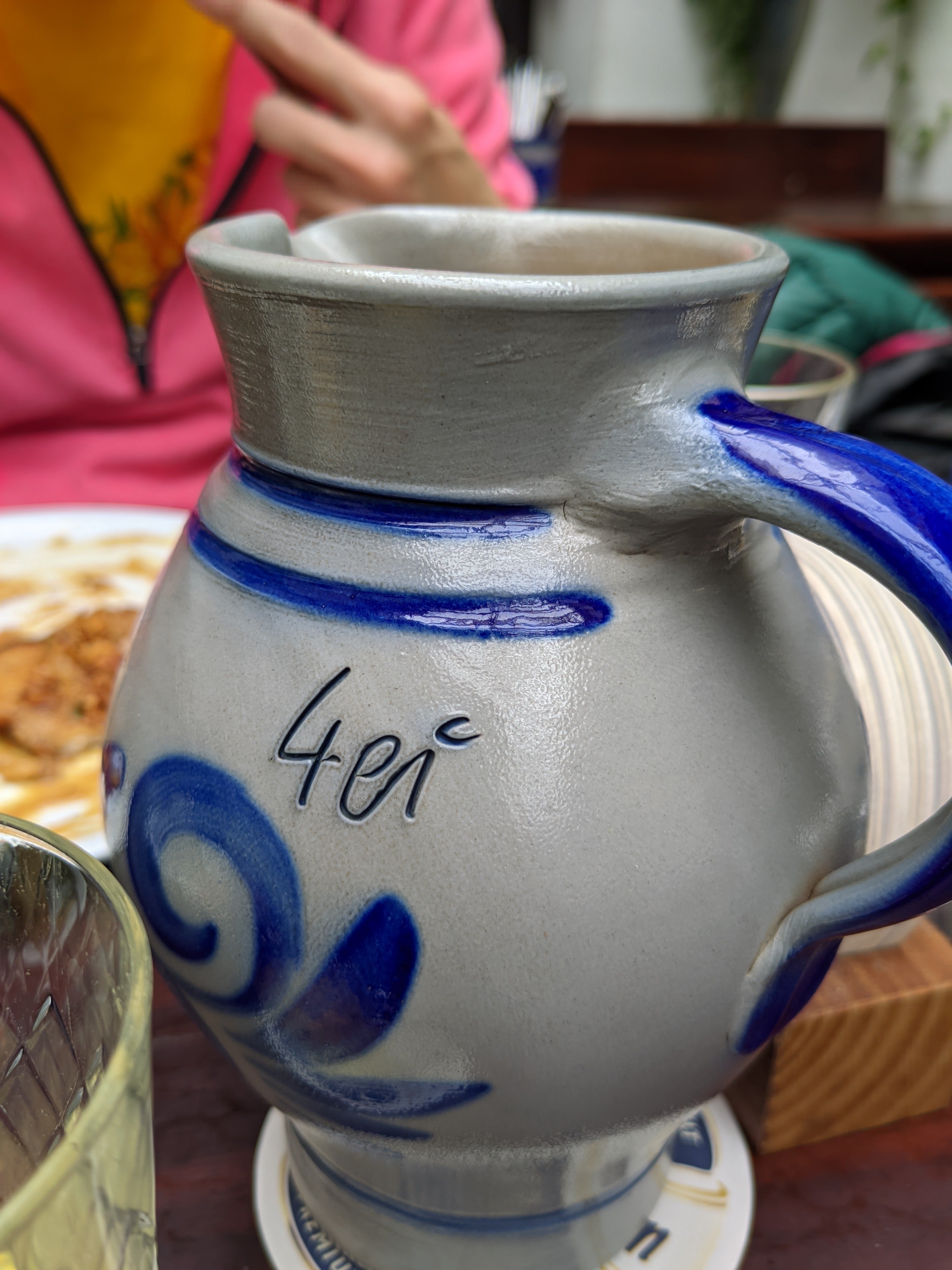😲

Yeah, no shit. Though you do have to provide proofs, even to the obvious.
Neoliberal rags favor neoliberal world order, intrepid investigator discovers
Glorious.
Context: https://lemmy.ml/comment/6828214

o_0
news flash!
This is the best summary I could come up with:
The print media outlets, which play an influential role in shaping U.S. views of the Israeli–Palestinian conflict, paid little attention to the unprecedented impact of Israel’s siege and bombing campaign on both children and journalists in the Gaza Strip.
The open-source analysis focuses on the first six weeks of the conflict, from the October 7 Hamas-led attacks that killed 1,139 Israelis and foreign workers to November 24, the beginning of the weeklong “humanitarian truce” agreed to by both parties to facilitate hostage exchanges.
The stakes for this routine devaluing of Palestinian lives couldn’t be higher: As the death toll in Gaza mounts, entire cities are leveled and rendered uninhabitable for years, and whole family lines are wiped out, the U.S. government has enormous influence as Israel’s primary patron and weapons supplier.
In a notable exception, the New York Times ran a late-November front-page story on the historic pace of killings of Palestinian women and children, though the headline featured neither group.
On October 13, the Los Angeles Times ran an Associated Press report that said, “The Gaza Health Ministry said Friday that 1,799 people have been killed in the territory, including more than 580 under the age of 18 and 351 women.
Despite this asymmetry, polls show shifting sympathy toward Palestinians and away from Israel among Democrats, with massive generational splits driven, in part, by a stark difference in news sources.
The original article contains 1,783 words, the summary contains 231 words. Saved 87%. I’m a bot and I’m open source!
:o
Adam Johnson always provides great analysis.
Water is wet
Removed by mod
Who would have though the US ally is favored in US newspapers over the terrorist organization.
Here’s the beginning of the article:
The New York Times, Washington Post, and Los Angeles Times’s coverage of Israel’s war on Gaza showed a consistent bias against Palestinians, according to an Intercept analysis of major media coverage.
The print media outlets, which play an influential role in shaping U.S. views of the Israeli–Palestinian conflict, paid little attention to the unprecedented impact of Israel’s siege and bombing campaign on both children and journalists in the Gaza Strip.
Major U.S. newspapers disproportionately emphasized Israeli deaths in the conflict; used emotive language to describe the killings of Israelis, but not Palestinians; and offered lopsided coverage of antisemitic acts in the U.S., while largely ignoring anti-Muslim racism in the wake of October 7. Pro-Palestinian activists have accused major publications of pro-Israel bias, with the New York Times seeing protests at its headquarters in Manhattan for its coverage of Gaza –– an accusation supported by our analysis.
This is not discussing the state of Israel state versus Hamas. It talks about a bias against Palestinians and the impact of the bombing on children and journalists in Gaza, and how these newspapers have reported more emotively on the killings of Israelis than killings of Palestinians.
To read this and think it’s about allies vs. terrorists is symptomatic of the problem.
Removed by mod









